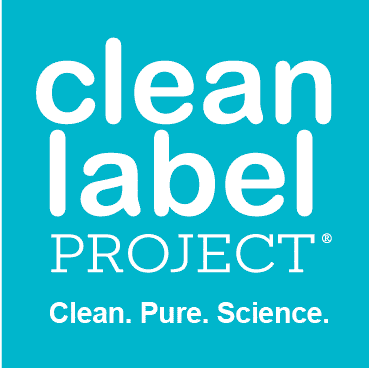Impact of Heavy Metals on Developing Brains and Immune Systems
The first 1,000 days of life – the time spanning roughly between conception and one’s second birthday – is a unique period of opportunity when the foundations of optimum health, growth, and neurodevelopment across the lifespan are established. Nutrition, in particular, plays a foundational role in a child’s development and ability to prosper. Poor nutrition in the first 1,000 days can cause irreversible damage to a child’s growing brain, affecting their ability to do well in school and excel later in life. However, this vulnerable period of development isn’t JUST about nutrition. It’s about the avoidance of chemicals of concern that can interfere with the optimal health and growth of a developing child.
Chemicals are part of our daily life. All living and inanimate matter is made up of chemicals and virtually every manufactured product involves the use of chemicals. Many chemicals can, when properly used, significantly contribute to the improvement of our quality of life, health, and well-being. But other chemicals are highly hazardous and can negatively affect our health and environment when improperly managed. The World Health Organization(1) compiled a list of the 10 major chemicals of concern, which includes many heavy metals including arsenic, cadmium, lead, and mercury.
A recent article(2) examined the exposure routes of heavy metals and children. The exposure routes include ingestion, inhalation, and dermal absorption which can subsequently induce some health effects resulting from human and heavy metals contact. The implications of heavy metals with regards to children’s health have been noted to be more severe compared to adults. The element’s harmful consequences on children’s health include mental retardation, neurocognitive disorders, behavioral disorders, respiratory problems, cancer, and cardiovascular diseases. The article concludes that much attention should be given to heavy metals because of their high toxicity potential, widespread use, and prevalence.
A recent study(3) evaluated the association of blood lead, mercury, and cadmium concentrations with developmental delays and the association of these concentrations with the health status of children. This study recruited 89 children with developmental delays and 89 children with typical development. The blood lead and cadmium concentrations had a significantly positive association with developmental delays.
Here are some tips if you are concerned about your child’s heavy metal exposure:
- Easy on the rice-based snacks and cereals. Rice has a tendency to have elevated levels of total arsenic. Both the FDA and the American Academy of Pediatrics have encouraged other options as first foods.
- Fresh fruits and vegetables generally have lower levels of heavy metals than processed foods. According to a study(4) by Consumer Reports, whole foods as opposed to highly processed foods have a tendency to be lower in heavy metals.
- Remember that not all heavy metals are bad. Heavy metals also include iron which is important for blood production in the body.
- Be mindful of other potential heavy metal environmental exposures. This can include things like potential leaded paint in the home or second-hand smoke.
- Talk to your pediatrician or family doctor. It’s important to make sure that your child it getting all the unique nutritional needs that he or she needs to thrive. If necessary, they can also perform a heavy metal blood test to see if your child has been exposed to elevated levels of heavy metals-most concerning – lead.
Author: Jackie Bowen, Executive Director
References:
1 https://www.who.int/ipcs/features/chemicals_concern/en/
2 Al osman, M., Yang, F. & Massey, I.Y. Exposure routes and health effects of heavy metals on children. Biometals 32, 563–573 (2019). https://doi.org/10.1007/s10534-019-00193-5
3 Hsueh YM, Lee CY, Chien SN, et al. Association of blood heavy metals with developmental delays and health status in children. Sci Rep. 2017;7:43608. Published 2017 Mar 2. doi:10.1038/srep43608
4 https://www.consumerreports.org/food-safety/heavy-metals-in-baby-food/
